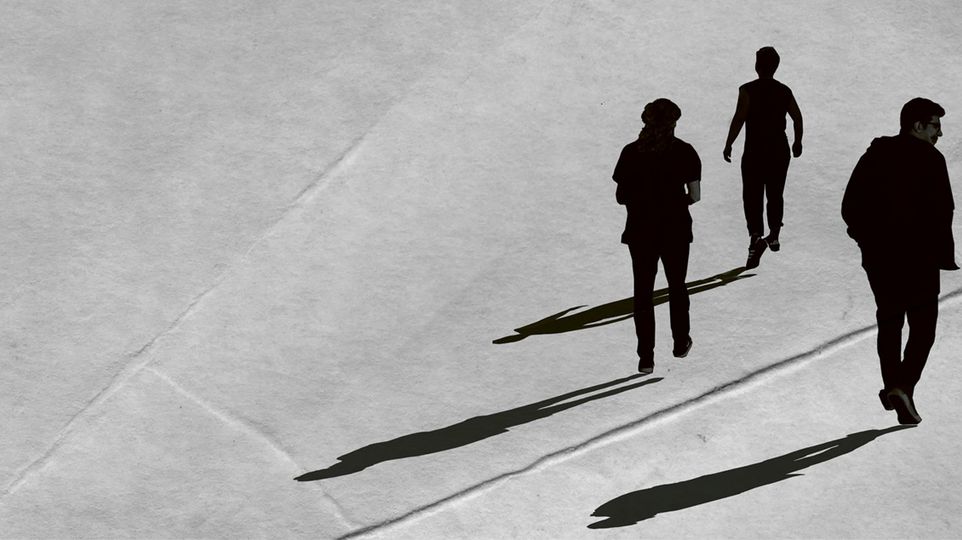
Workshop · Berlin
10.10.2024
· Ganztags
Final Issues. Endings in Modern Intellectual History

Histories of political, intellectual, literary and aesthetic movements are often told through documents of their beginnings: Manifestos, declarations, and programs testify to what groups, avant-gardes or collectives stand for, what they want to achieve, and what they oppose. The importance of ‘beginnings’ and the practices and narratives they entail have been emphasized in cultural theory and historiography alike: “A beginning not only creates but is its own method because it has intention,” Edward Said wrote in his study Beginnings: Intention and Method in 1975, in which he theorized forms of beginnings in modern literature.
Yet, in contrast to the clarity of beginnings, endings seem much harder to grasp. This is not least due to the fact that the late and final stages of political-intellectual projects are often underdocumented, as many avant-gardes and collectives in history disperse, fade out, or lose their social and intellectual coherence gradually. Studies on endings, understood as a set of intentional practices, politics, or—with Said—“methods,” are thus rare to find. One example has been given by French sociologist René Lourau, who in 1980 collected final documents from a variety of groups for his book on the Autodissolution des avant-gardes: from Dada to the Situationists, from the Sex Pistols to numerous journals and magazines, Lourau tried to show how and to what purpose endings were narrated, justified, and communicated. For the sociologist, manifestations of self-dissolution always combine analytical and performative dimensions, describing and enacting endings at the same time.
Starting from such observations, the workshop focuses on concrete textual and medial representations of endings in modern cultural and intellectual history. Our working hypothesis is that materialized representations of endings give expression to temporal experiences of individuals and collectives, shedding light on the self-given interpretations of their own past, present, or future afterlives. Hence, the workshop aims to transfer Edward Said’s questions on beginning—on what is special about beginning as an activity or a moment or a place—to its opposite, asking how we can reconstruct endings, theorize them and read them as interventions into the present.
The workshop will be held in cooperation with the Cluster of Excellence 2020 Temporal Communities: Doing Literature in a Global Perspective.
Veranstaltungsort:
Leibniz-Zentrum für Literatur- und Kulturforschung,Ilse-Zimmermann-Saal,
Pariser Str. 1,
10719 Berlin
Referent/innen:
Yvonne Albers (EXC 2020/FU Berlin), Moritz Neuffer (ZfL)